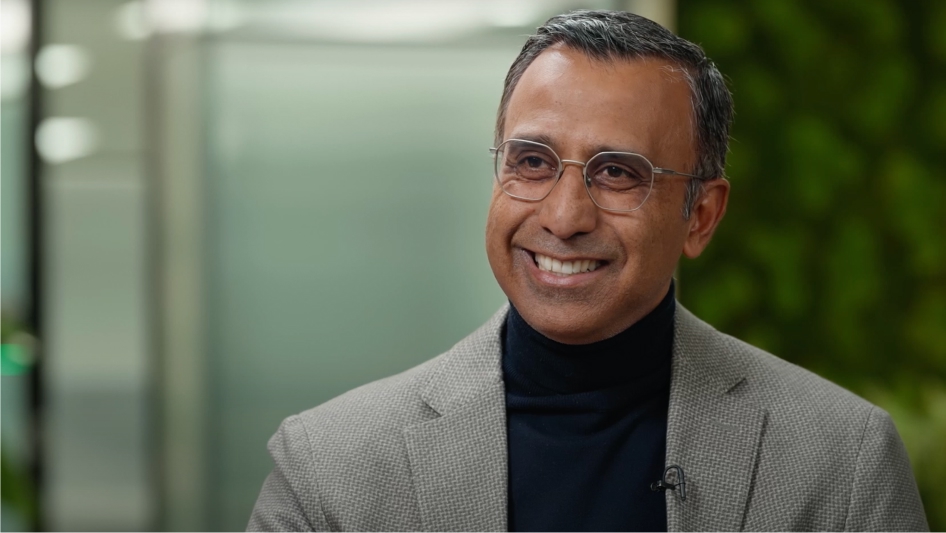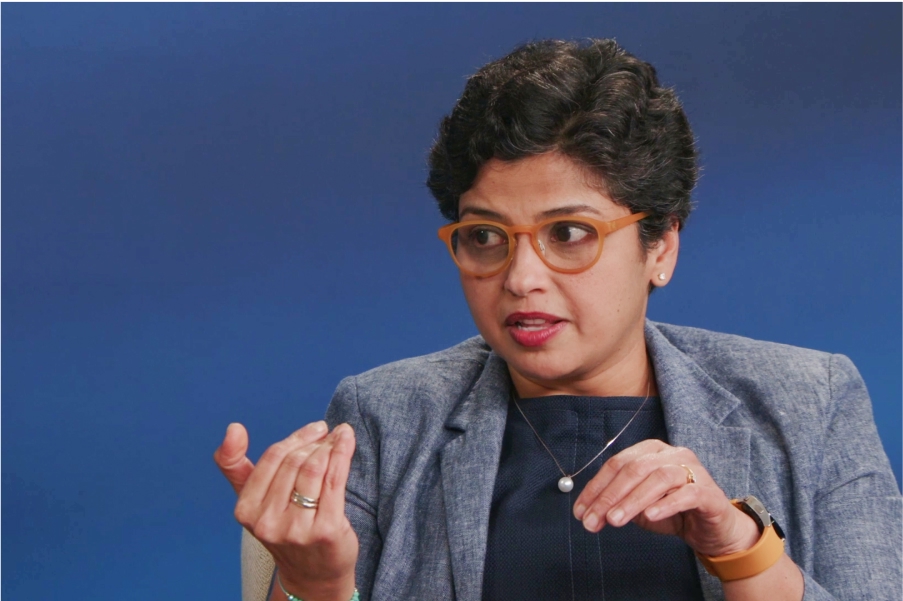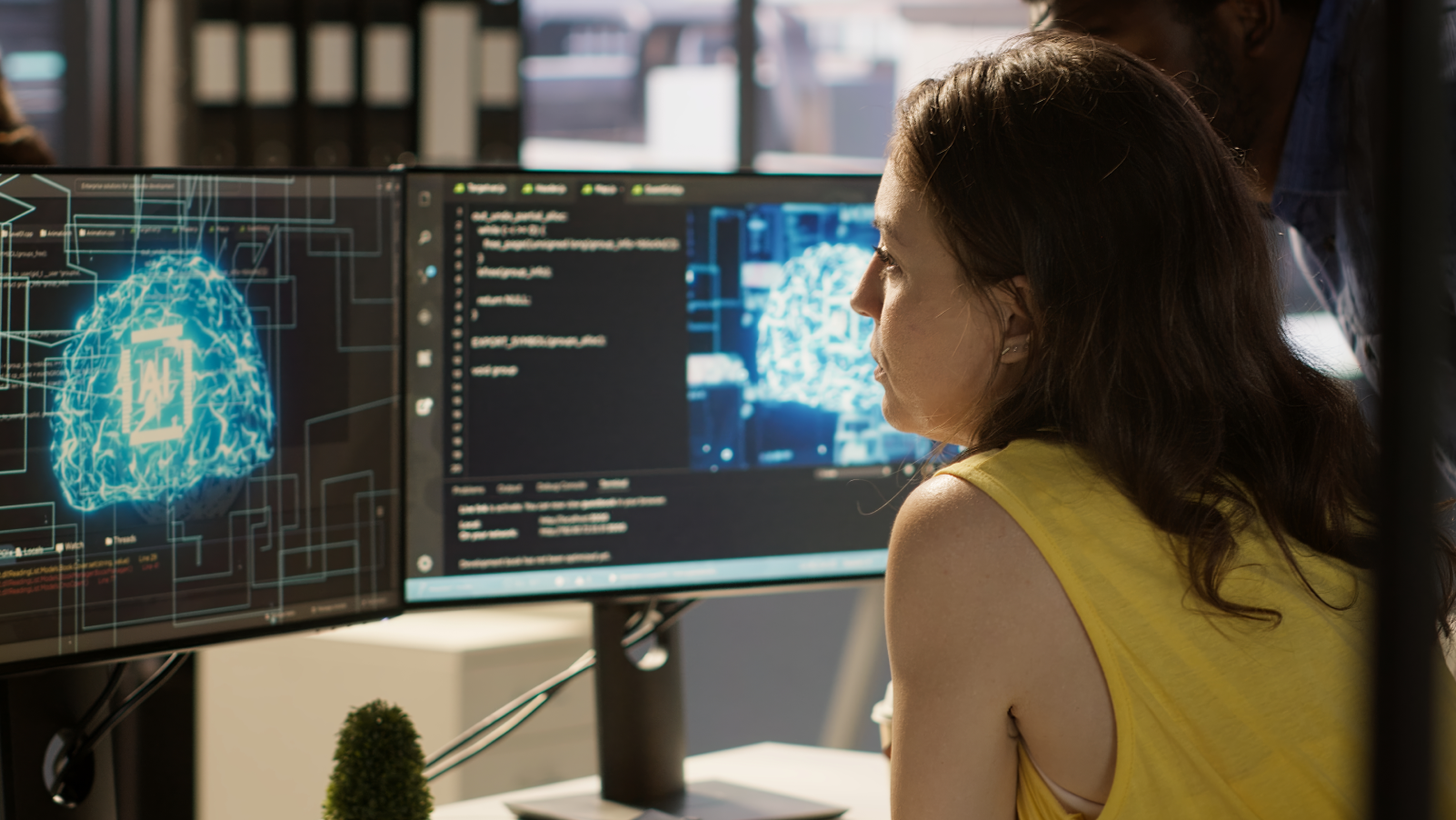August 25th, 2025
3 min read
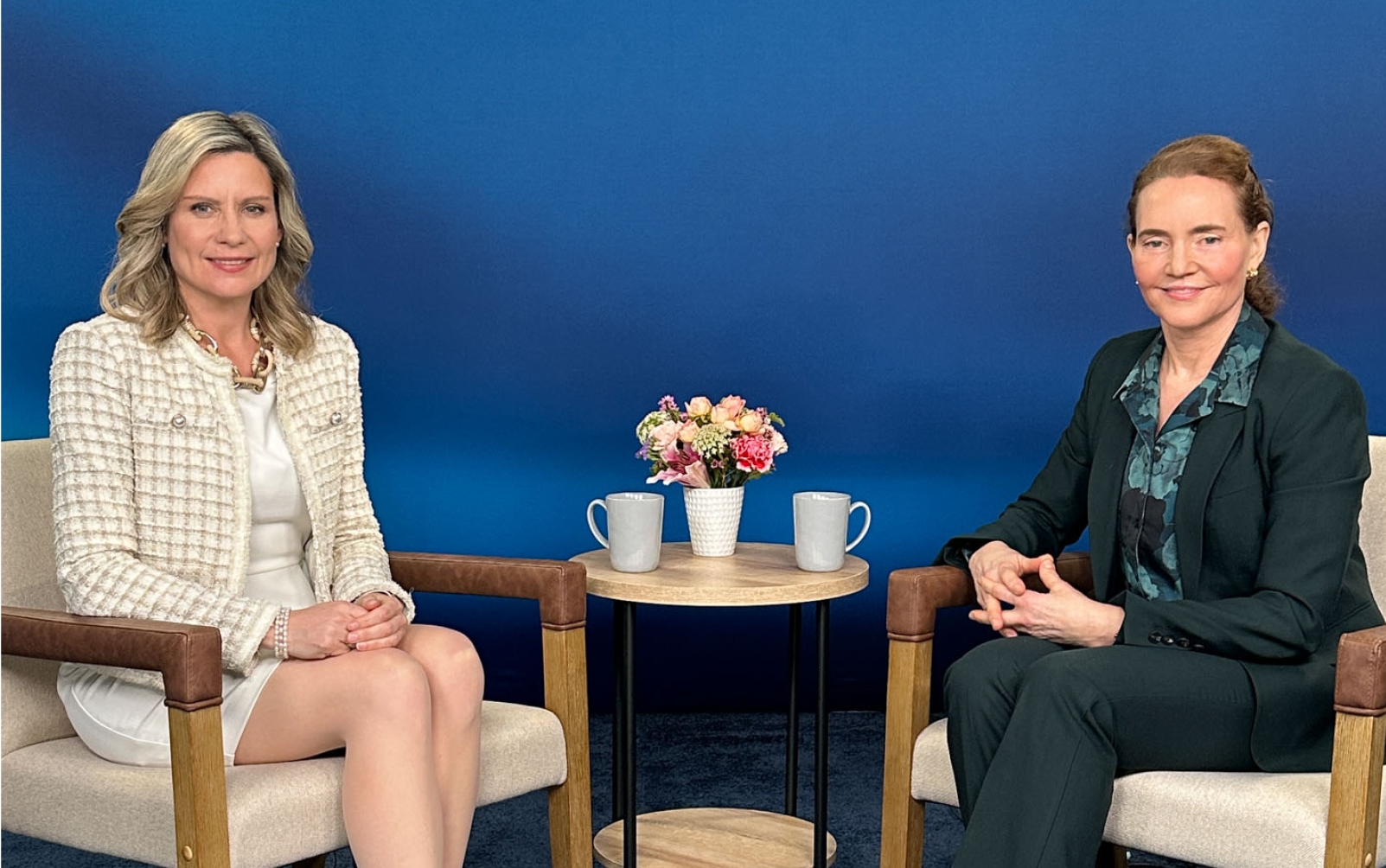
Kim Polese has spent her life building the future. Starting with her time at Sun Microsystems leading the launch of Java, into leadership roles such as co-founder at Marimba, and CEO at SpikeSource, and especially today as Chairman and Co-Founder of CrowdSmart, Polese believes the future is shaped by management teams that take risks and trust their people.
“I think the best leaders are the ones that realize so much knowledge and wisdom exists within the organization, often times far down in the organization,” she says.
We talked to Polese about the role of AI, and how it’s changing strategic decision-making.
Bridges and Barriers
Polese emphasizes the importance of diversity in AI systems. By integrating human and machine intelligence, Polese says third-generation AI goes beyond statistical learning from existing data and, in fact, integrates humans into the process by using open-ended questions. CrowdSmart’s AI taps into the collective intelligence of a group, which is particularly valuable in large organizations where critical knowledge may be scattered across various departments, with some of the most important information on the edges and in the middle of the organization where it’s not filtering up to management.
One significant barrier organizations face is strategic alignment. Studies show only around seven percent of employees understand how their daily work aligns with broader strategic goals. Polese points out that AI, when used effectively, can bridge this gap by enhancing communication and collaboration.
The CEO of a large company of approximately 150 smaller insurance providers with different cultures and offices wanted to drive growth and new sources of revenue so he created a “radically collaborative organization to engage everybody in it,” explains Polese. Using AI, the company could reach all its people, asking questions for new revenue ideas they’d never been asked. Everyone sees everyone else’s ideas and ranks them according to what resonates based on company goals. The AI makes the alignment between leadership and employees more seamless, ensuring everyone is on the same page and working towards the same objectives. Polese believes it’s crucial for organizations to recognize the power of collective intelligence to drive innovation aligned to the strategy.
One stat says only around seven percent of employees really understand the strategic goals of their organization and/or translating that on a daily basis into the work. When seeking that combination of autonomy and alignment, you want people to be free to be creative and to take initiative, but also to be aligned on the strategic goals in delivering on those every single day throughout the organization. It’s very powerful when people realize what they’re saying matters and can really move the needle by changing the direction of organization through co-creating new solutions.
Kim Polese,Chairman and Co-Founder, CrowdSmart
AI in Society
Polese is also a Co-Founder of Common Good AI, a new non-profit initiative aimed at helping communities collaborate using AI to solve complex, divisive problems. As Polese explains, political identity can be a huge barrier to finding common ground to resolve issues. Common Good AI leverages CrowdSmart to remove barriers such as political identity, enabling open, transparent dialogue. Collective intelligence powered by collaborative AI can help build consensus and create actionable solutions for the common good.
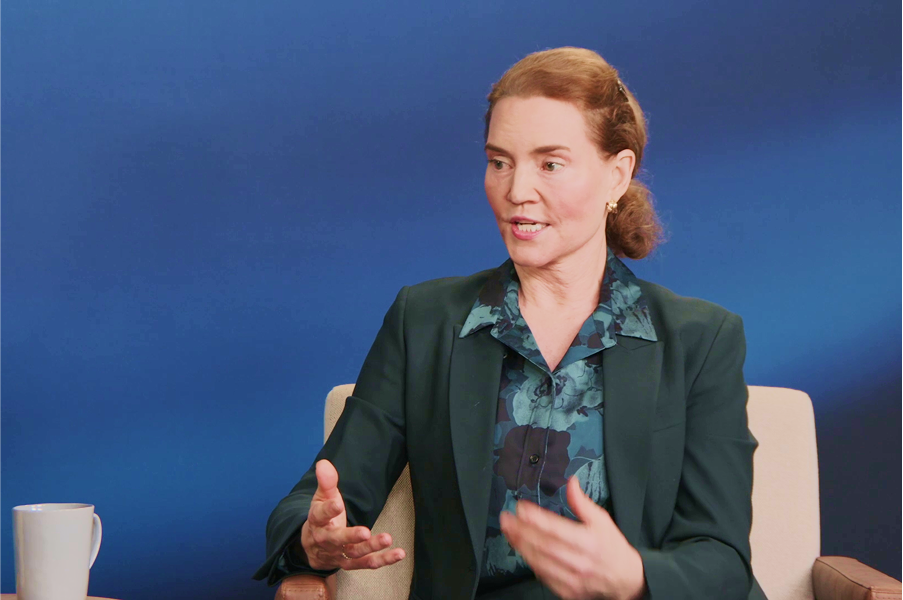
Whether it’s for businesses or community, the implementation of ethical AI relies on leadership that is willing to embrace transparency, collaboration, and innovation. CrowdSmart fosters an environment where all voices are heard, enabling companies to leverage the wisdom of all their stakeholders. This level of collaboration helps mitigate the risks associated with AI systems, such as reinforcing biases or creating unfair outcomes. The goal should be to create AI that serves everyone and allows for all stakeholders to be heard. This leads to better outcomes not just for companies but for any community that needs to align in order to make better decisions together.
By focusing on collective intelligence and ensuring that diverse perspectives are included, Polese notes, businesses can build AI systems that not only improve efficiency and decision-making but also contribute to positive social impact.

